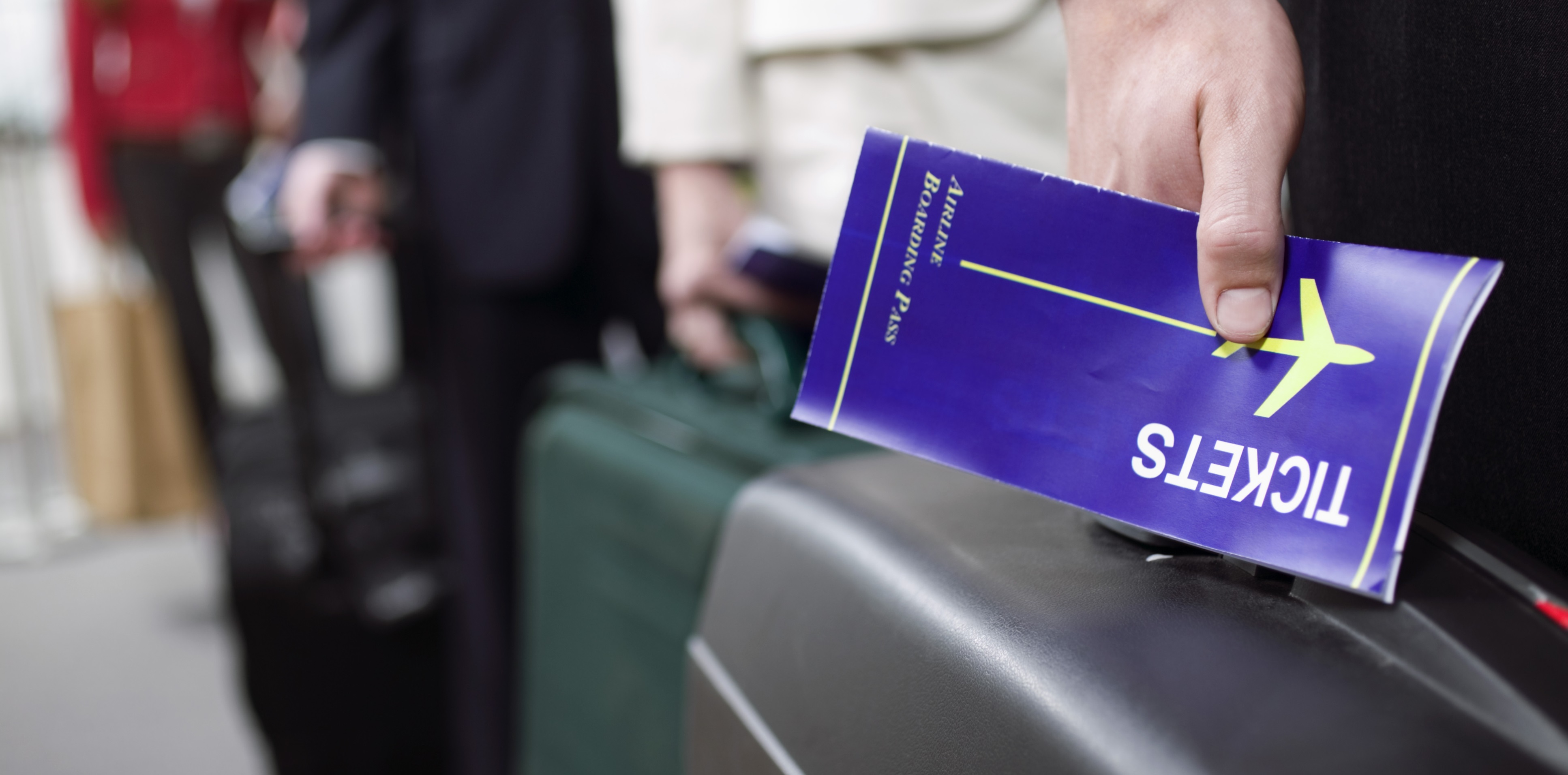Iranian Airlines Anxious About Rising Costs, Dwindling Business

EghtesadOnline: Airlines have recently voiced concerns about their future operations, underscoring their most serious problems in a letter to President Hassan Rouhani.
Just like other economic sectors in Iran, the aviation industry, particularly airlines, have experienced problems with the depreciation of national currency. The Iranian rial has lost 67% of its value against the US dollar in the open market since January 2018.
The surge in plane ticket prices started earlier this month when the government announced it would stop supplying foreign currency at the subsidized rate of 42,000 to airlines and that the companies have to obtain their needed foreign currency at rates set in the Forex Deals Integrated System (known by its local acronym Nima). This rate is closer to open market rates.
As a result, Iranian airlines’ ticket prices have increased by 70-100%, which has led to a significant drop in demand for air travel, according to Financial Tribune.
In addressing passengers’ criticisms and concerns, Iran Civil Aviation Organization has set a cap for the rise in ticket rates until the end of the Iranian month of Mehr (Sep. 23-Oct. 22) and banned airlines from selling tickets at higher prices.
But, according to a report by the Persian daily Donya-e-Eqtesad, aviation companies have taken no notice of the cap rates and keep on selling tickets at inflated prices.
As up to 60% of the expenditure of airlines, including fees paid to airports and maintenance costs, need to be paid in foreign currency, the rise in ticket prices is partly due to the rise in foreign currency rates in recent months, reads the airlines’ letter to the president, first publicized by Fars News Agency.
“Heavy customs duties are levied on imports of airplane spare parts in Iran, according to the law, while airplanes should be exempted. The aviation industry enjoys the support of governments worldwide, but in Iran, despite sanctions, the industry receives no support, whatsoever.”
The United States has reimposed sanctions against Iran, after US President Donald Trump announced his withdrawal from the nuclear deal signed in 2015 by Tehran and six world powers, including the United States. The deal, formally known as the Joint Comprehensive Plan of Action, paved the way for the lifting of international sanctions against Iran over its nuclear program as of early 2016.
According to the letter, fees that airline must pay to airports, even those for domestic flights, are calculated in US dollars, while the services they provide and the revenues they make are in rials.
The airlines complained that the 5% duty levied by the municipalities and the 1% increase the costs of airlines and ticket prices, consequently lowering demand for air travel.
They have to pay customs duties and value added tax for all services they procure while flight tickets are subject to exemption from this type of tax (as passengers don’t pay VAT), the letter goes on to say.
Referring to "the looming threat of a total collapse of the aviation industry" in their letter, the airlines put forward proposals to tackle the aforementioned problems based on their particular needs.
“The total foreign currency needs of the aviation industry for their annual operating expenses stand around $1 billion. The allocation of this amount by the Central Bank of Iran at a fixed, preferential rate would help prevent fluctuations in prices and the rise in costs.”
The airline operators called for the removal of all customs duties, VAT on airplanes and its spare parts, duties imposed by municipalities and IRCS, and all tariffs levied by airports for their services to head off a further hike in ticket prices.
They also pleaded to the government to strip away regulations around the process of import order registration for airplanes and their main spare parts, given the US sanctions against the country.


